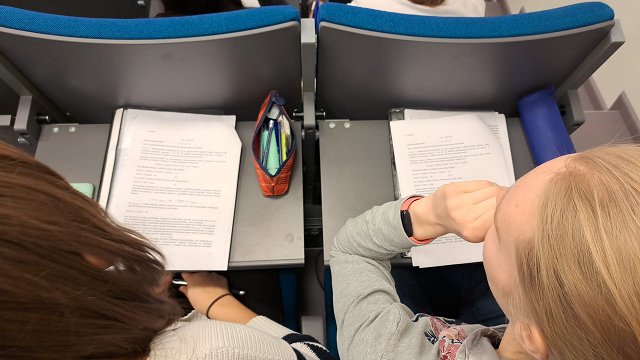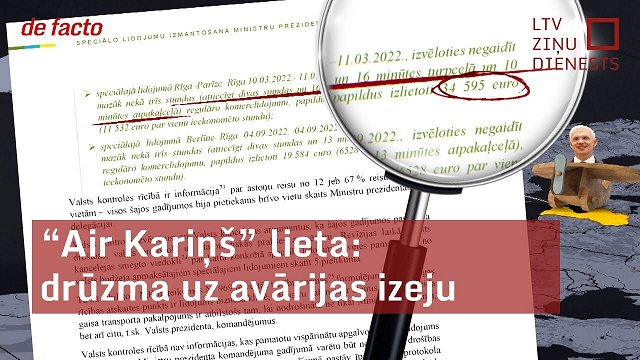According to data by the Central Statistics Bureau, Latvia's GDP growth has been negative late last year and in the first three months of 2016.
"If we look at the macro data, it's a technical recession.
Comparing with the previous quarter, the economy is shrinking. [..] growth is very slow and it's a scenario of dragging one's feet," Mārtiņš Kazāks, a board member at the Fiscal Discipline Council, told Latvian Television Monday.
Economists say that the high growth during the post-recession years was due to a rebound effect or of small wages propelling growth.
"We at the ministry had already issued warnings. It was clear that the post-crisis boom was due to lower workforce costs," said Jānis Salmiņš, a representative of the Economics Ministry.
"We have said for years now that it'll be a mid-term challenge for the economy. It's good that in this government one of the priorities is solving these problems," said Salmiņš.
This year one of the main challenges to growth will be the interruption in absorbing EU funds. However this is insignificant in comparison to the lagging structural reforms in education, the judiciary system and fighting the shadow economy.
This has made even anti-deficit champions like the Bank of Latvia reconsider their stance, provided that the funds are used for reform.
"What's most important is that this money is used effectively. Maybe the question of whether there's a budget deficit is not as important as the question of whether this money is thrown, pardon me, in the trash," said Igors Kasjanovs, an economist at the Bank of Latvia.
"[..] In a longer perspective, Latvia's economy needs sorting out its health care and education. Without these two we are on the road to a middle-income trap, when Latvia's economy grows to 65 to 70% of the EU average income and stays there for a while," said Kasjanovs.
Despite slow growth late last year and in early 2016, economists are sure the economy will pick up the pace, nearing 3% growth. However whether it'll increase depends on the success of structural reforms.
Recently the European Commission granted Latvia's request to bump its budget deficit by 0.1% in 2017 to pursue healthcare reform.































